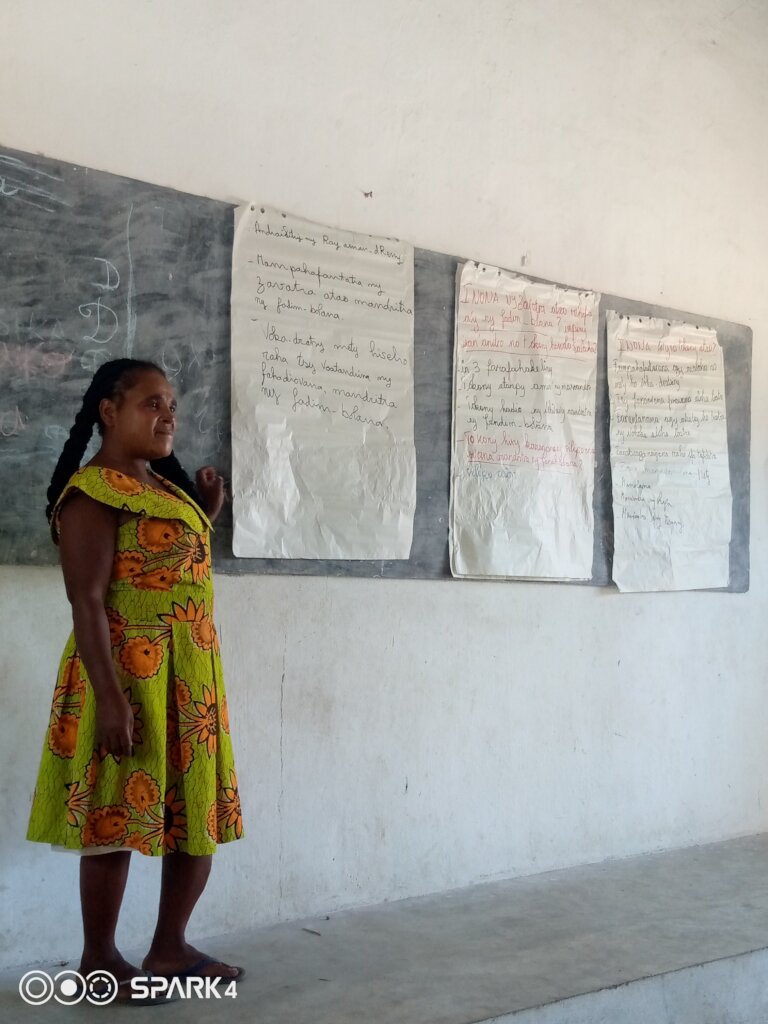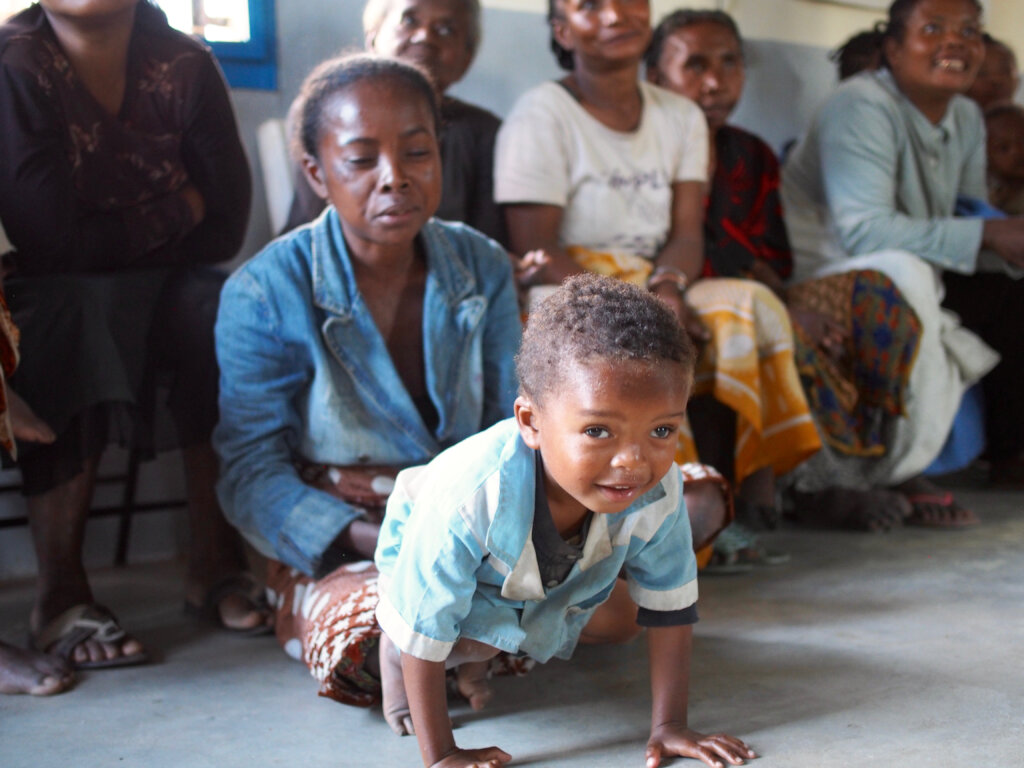By Adi Soni | Programmes and Office Assistant
Ready for Rights
Between 2010 and 2017, HIV prevalence rose by 84%, with half of this group aged 10-24. Nationwide, 35% of girls aged between 15 and 19 have begun childbearing.
Gaps in the knowledge and understanding of periods contribute to stigmas surrounding sexual health and menstruation. These gaps also exist in health centres, resulting in low-quality service provision, and unmet sexual and reproductive health needs. In 2014, there were just 1.8 medical doctors and only 1.1 nurses or midwives per 10,000 people in Madagascar.
Across 4 schools, SEED intends to train 50 teachers, empowering them with the resources to deliver Sexual and Reproductive Health and Rights (SRHR) to approximately 1,200 students aged 11-18. Menstrual hygiene management (MHM) facilities will also be constructed at two schools consisting of safe, private, single-gendered sanitation facilities, alongside accessible water supplies and a means of safe disposal for menstrual waste. To complement this infrastructure, reusable pad making sessions will also be delivered, which will further remove key access barriers, enabling female students to manage their menstruation with dignity and attend full days of school.
In the long-term, this project will provide education opportunities and infrastructure to multiple cohorts of students. Additionally, the project will provide concrete findings of rights-based education to, and build relationships with, key decision makers and influencers of policy change, improving the SRHR for the young people of Madagascar.
The project has successfully begun all intended activities to ensure that 1,200 students receive SRHR information. SEED’s SRHR teacher training was adapted for middle school teachers, after which a total of 50 teachers across four schools were trained to support the delivery of SRHR education to students. To date, these sessions have reached 1,086 students across four schools. The construction of MHM facilities at two of the four schools is now complete and being used by students.
Oratsimba
Fishery management is both a socio-economic and environmental priority, as in the communities of Sainte Luce and Elodrato, up to 92% of households rely on lobster fishing as their main source of income. However, the fishery is at risk of severe overexploitation, driven primarily by poor governance. With low local-level compliance with the regulations, as well as a lack of fisher understanding as to why lobster stocks are declining and high levels of household poverty, the lack of cohesive governance threatens a cornerstone of life in the coastal Anosy region.
SEED supports lobster fishing communities to establish Locally-Managed Marine Areas (LMMAs) and strengthens them through community-led monitoring, training and awareness raising, support on governance and enforcement, and research.
Through participatory monitoring, lobster catch composition and landings effort are monitored by community data collectors. The data provides information on the short and medium-term effects of the LMMA and the periodic no take zone (NTZ) on fisher income and biodiversity. Combined with local ecological knowledge of the spatial distribution of lobsters, the data can also be used to optimise the timing and location of the NTZ, to maximise the protection of undersized and berried lobsters.
In partnership with Blue Ventures, SEED has secured funding to further support and strengthen community-based fisheries management in Sainte Luce and Elodrato for one year, as part of Oratsimba Phase IV. To continue developing focus areas further, Phase IV will also include the development of financial management schemes and initiatives to increase fishers’ financial resilience and maximise the economic benefits gained from lobster fishing.
Votsira
Prior to COVID-19, 100 children died from preventable illnesses in Madagascar every day. Project Votsira aims to improve maternal and child health outcomes in southeast Madagascar by educating community members and healthcare professionals. To complement this, SEED will partner with the regional Ministry of Public Health and local clinics to lead town-wide sensitisation campaigns and develop a coordinated network of healthcare stakeholders.
In partnership with the Ministry of Public Health, SEED will expand and enhance an existing maternal and child health curriculum. During a two-year project, healthcare providers will deliver three rounds of the maternal and child health course; 3,300 mothers, grandmothers, fathers, and young women will each receive eight fortnightly sessions.
Community health workers will address participants’ individual needs through 825 household visits. During these household visits, mothers will be taught internationally-recognised breastfeeding practices to promote child health. Mass mobilisation campaigns, conducted in collaboration with the Ministry of Public Health, will deliver maternal and child health information to the wider community. SEED has also adapted national Ministry of Public Health guidelines to deliver quarterly training sessions to 20 midwives and staff of basic health centres.
Quarterly roundtable convenings will bring together the regional Ministry of Public Health and other key regional stakeholders to promote the coordination and delivery of high-quality maternal and child health services. The Regional Medicine Inspector will play a key role in ensuring that information and evaluation is fed back into the Operational Coordination Centre Against Famine, of which SEED is also a member. Feedback from partners will support the development of future maternal and child health programming.
By Alexandra Bate and Adi Soni | UK Programmes and Office Assistants
By Jenny Foden | Project Development Intern
Project reports on GlobalGiving are posted directly to globalgiving.org by Project Leaders as they are completed, generally every 3-4 months. To protect the integrity of these documents, GlobalGiving does not alter them; therefore you may find some language or formatting issues.
If you donate to this project or have donated to this project, you can receive an email when this project posts a report. You can also subscribe for reports without donating.
Support this important cause by creating a personalized fundraising page.
Start a Fundraiser
